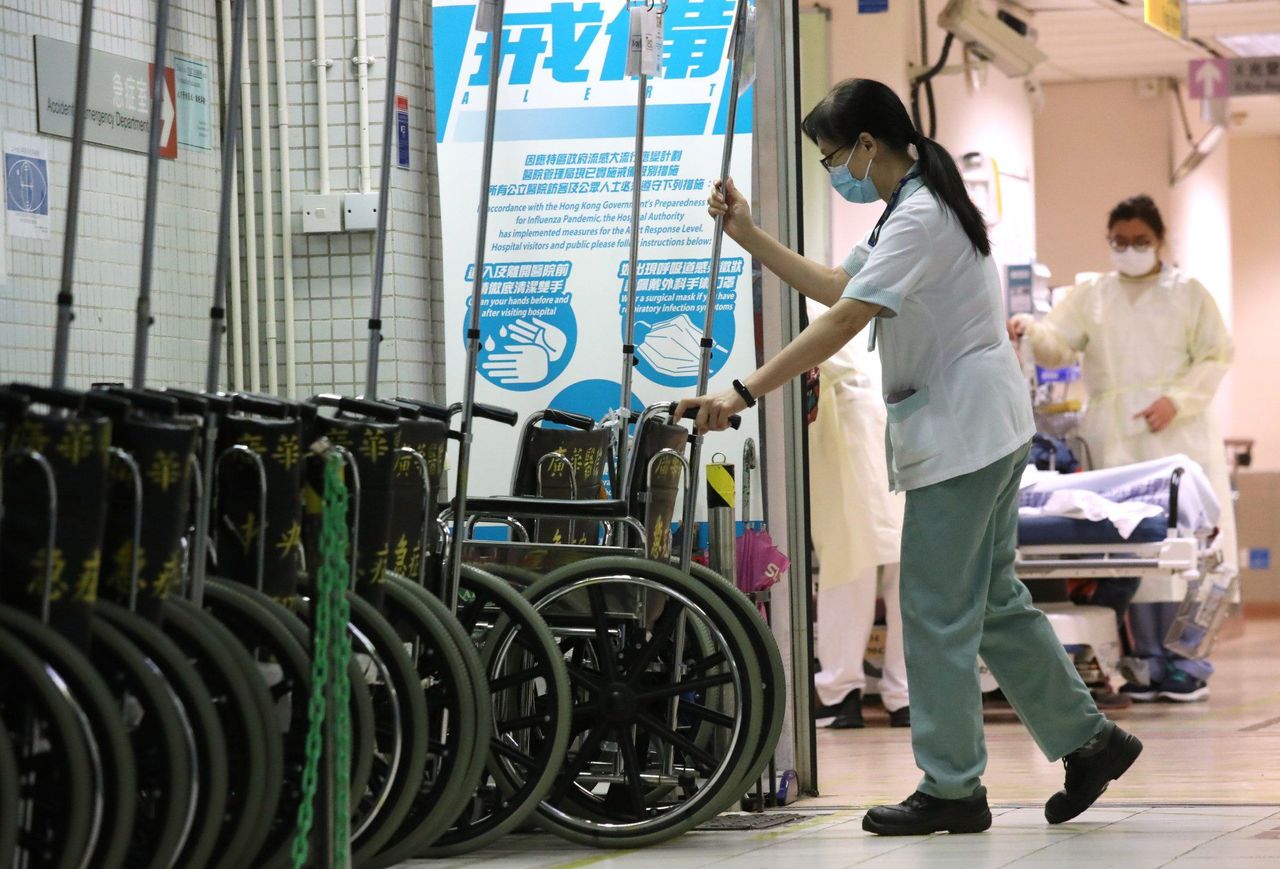Hong Kong News
Nonpartisan, Noncommercial, unconstrained.
Saturday, Feb 21, 2026
Real, Diverse, Unbiased.

Hong Kong courts should be allowed ‘to order periodic payments for accident victims’
Law Reform Commission says payments disbursed in intervals protect accident victims from being exploited by family members.
Hong Kong courts should be allowed to order periodic payments instead of lump sums to compensate the future losses of accident victims with serious injuries to protect them throughout their lives and prevent them from being exploited, the Law Reform Commission has said.
The advisory body’s suggestion on Thursday would only apply to those who were “catastrophically injured” in accidents and suffered permanent disabilities, requiring long-term care and assistance in daily activities.
“The problem with a lump sum award is that there’s only one certainty: it’s either too high or too low. One can never be precise,” senior counsel Raymond Leung Wai-man, chairman of the Law Reform Commission’s subcommittee on the matter said.
 Hospital support staff at Kwong Wah Hospital in Yau Ma Tei.
Hospital support staff at Kwong Wah Hospital in Yau Ma Tei. Divided into losses before the trial ended and future ones, the latter is determined by multiplying the person’s salary, the number of years left before retirement and a discount rate reflecting potential investment returns, as victims are expected to invest the money to sustain themselves, while future medical fees are multiplied with their life expectancy.
The commission said the calculation was considered by some as neither accurate nor scientific.
Leung said amounts paid at regular intervals would prevent misuse by the victim’s family members, who sometimes may ask to borrow money for personal investments. He added that lawyers who handled personal injury claims had often encountered such cases.
“If we use periodical payment orders, then [the injured] can put their lives in order, and there wouldn’t be a large sum bestowed without a cause to their families,” he explained.
“If a fixed sum is disbursed monthly or every three or six months, the injured would have enough to pay for their medical and daily expenses for a relatively meaningful life.”
The commission proposed calculating the fixed disbursement for the interval payments based on the latest consumer prices, foreseeable changes in circumstances, potential medical complications and return on investment.
When child victims entered new stages in life, such as reaching adulthood or educational milestones, their disbursements would increase.
Leung said that the handouts would be inflation-proof, as they would be adjusted to an index for consumer prices during that time.
“That is the beauty of periodical payment because it is linked to the consumer price index, automatically it will eliminate the risk of the recipient not having enough money to pay for their medical expenses, cost of accommodation or nursing because of unpredictable inflation, whereas in the case of the lump sum award, the recipient would be taking on the risk themselves,” Leung said.
Under the proposal, victims will be allowed to apply for a re-evaluation of the fixed disbursement if their health deteriorates or improves significantly, while their family members can request a calculation of the remaining losses if the victim died before the end of the periodic payment order.
A victims’ rights advocacy group lauded the proposal, saying it would allow those who needed compensation to receive an amount that fit their needs as it accounted for inflation and offered an opportunity for review.
“If the compensation could be adjusted to inflation, workers would be able to get more out of it,” said Yu Ka-ho, an organiser at the Association for the Rights of Industrial Accident Victims.
“It’s difficult to assess the real needs of the victims at the moment they’re making a claim, sometimes miscalculations happen … especially with younger victims,” he said.
Yu added that the suggestions would also benefit victims who did not wish to lodge a case, as insurance companies might make more generous offers to avoid having to pay a higher amount if the court decided to order periodical payments.











